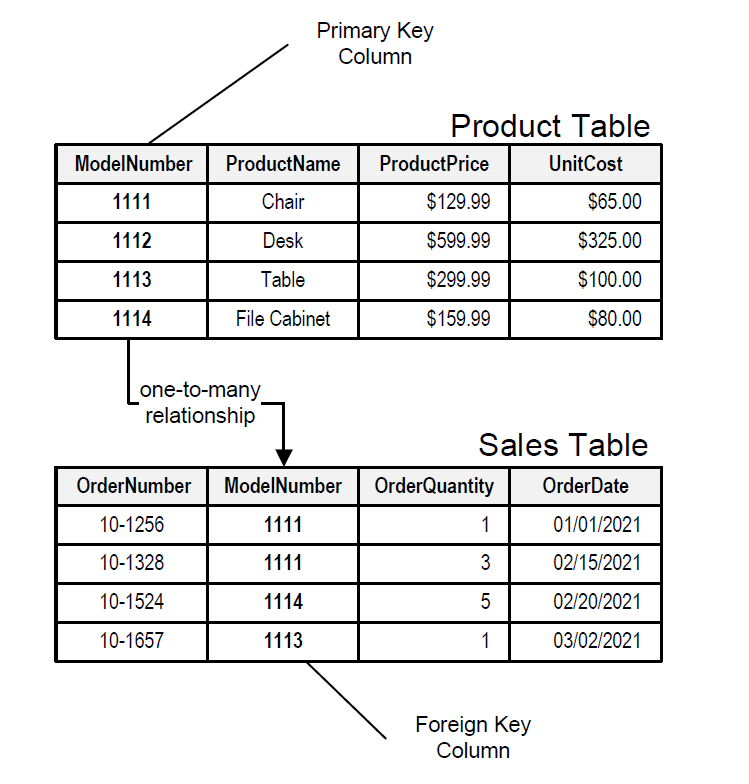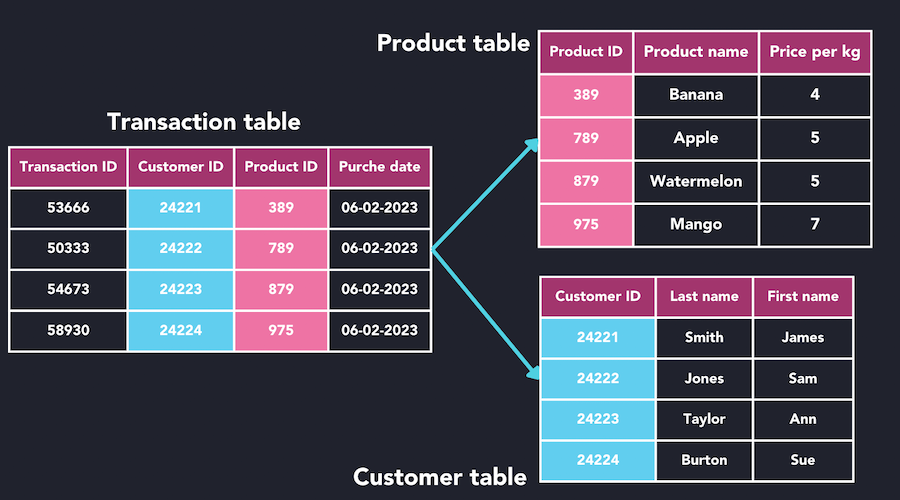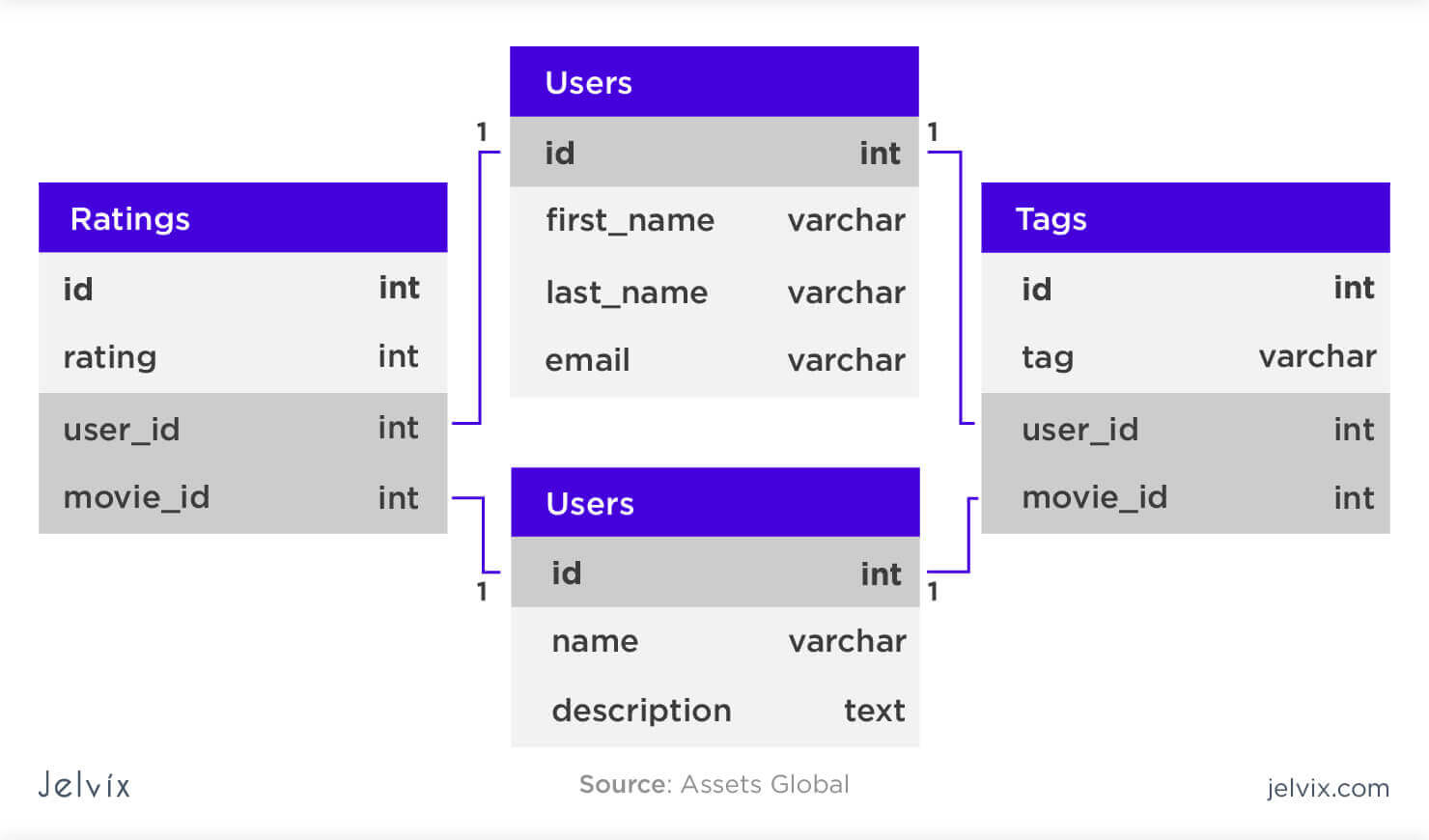A Relational Database Stores Data In The Form Of - One problem with storing duplicate data is the potential for inconsistent values. Each table is made up of two. T/f a relational database stores data in the form of lists. One problem with storing duplicated data is the potential for inconsistent values. A relational database is a type of database that organizes data into rows and. A relational database stores data in the form of tables. T/f sql stands for structural question.
One problem with storing duplicate data is the potential for inconsistent values. One problem with storing duplicated data is the potential for inconsistent values. Each table is made up of two. A relational database is a type of database that organizes data into rows and. T/f a relational database stores data in the form of lists. T/f sql stands for structural question. A relational database stores data in the form of tables.
Each table is made up of two. A relational database is a type of database that organizes data into rows and. One problem with storing duplicated data is the potential for inconsistent values. One problem with storing duplicate data is the potential for inconsistent values. T/f sql stands for structural question. A relational database stores data in the form of tables. T/f a relational database stores data in the form of lists.
Relational Database (Model, Operations & Constraints) DatabaseTown
One problem with storing duplicated data is the potential for inconsistent values. T/f sql stands for structural question. One problem with storing duplicate data is the potential for inconsistent values. T/f a relational database stores data in the form of lists. Each table is made up of two.
Solved 1.13) A relational database stores data in the form
One problem with storing duplicate data is the potential for inconsistent values. T/f sql stands for structural question. Each table is made up of two. A relational database stores data in the form of tables. One problem with storing duplicated data is the potential for inconsistent values.
Solved 1.13) A relational database stores data in the form
One problem with storing duplicated data is the potential for inconsistent values. T/f sql stands for structural question. One problem with storing duplicate data is the potential for inconsistent values. A relational database is a type of database that organizes data into rows and. A relational database stores data in the form of tables.
General Database Relational Database Codecademy
One problem with storing duplicate data is the potential for inconsistent values. A relational database stores data in the form of tables. Each table is made up of two. T/f a relational database stores data in the form of lists. One problem with storing duplicated data is the potential for inconsistent values.
Solved 1.13) A relational database stores data in the form
T/f a relational database stores data in the form of lists. Each table is made up of two. A relational database is a type of database that organizes data into rows and. One problem with storing duplicate data is the potential for inconsistent values. One problem with storing duplicated data is the potential for inconsistent values.
13 Examples of Relational Database
A relational database is a type of database that organizes data into rows and. T/f a relational database stores data in the form of lists. Each table is made up of two. One problem with storing duplicated data is the potential for inconsistent values. A relational database stores data in the form of tables.
What Is a Relational Database?
T/f sql stands for structural question. One problem with storing duplicated data is the potential for inconsistent values. Each table is made up of two. One problem with storing duplicate data is the potential for inconsistent values. T/f a relational database stores data in the form of lists.
Difference Between Relational vs. NonRelational Database
T/f a relational database stores data in the form of lists. A relational database is a type of database that organizes data into rows and. One problem with storing duplicate data is the potential for inconsistent values. T/f sql stands for structural question. One problem with storing duplicated data is the potential for inconsistent values.
Solved A relational database stores data in the form of
One problem with storing duplicate data is the potential for inconsistent values. A relational database stores data in the form of tables. A relational database is a type of database that organizes data into rows and. One problem with storing duplicated data is the potential for inconsistent values. Each table is made up of two.
Document Database VS Relational Database DatabaseTown
A relational database is a type of database that organizes data into rows and. T/f a relational database stores data in the form of lists. A relational database stores data in the form of tables. One problem with storing duplicate data is the potential for inconsistent values. Each table is made up of two.
Each Table Is Made Up Of Two.
One problem with storing duplicate data is the potential for inconsistent values. T/f a relational database stores data in the form of lists. T/f sql stands for structural question. One problem with storing duplicated data is the potential for inconsistent values.
A Relational Database Stores Data In The Form Of Tables.
A relational database is a type of database that organizes data into rows and.









